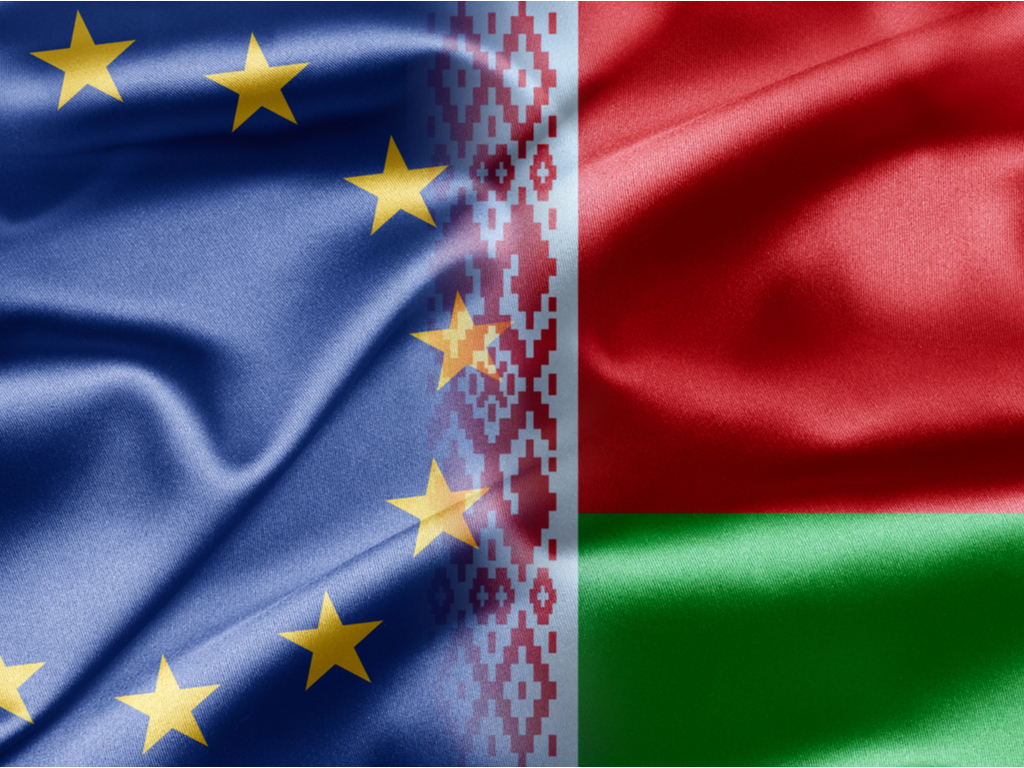Pavel Slunkin, a visiting fellow at the European Council on Foreign Relations
This May, foreign ministers of Ukraine, Georgia, and Moldova signed a memorandum on the establishment of the Associated Trio for the joint successful European integration of the three countries. In less than a month, on June 24th the three countries made their first joint visit to the EU institutions in Brussels in the format of the Associated Trio. In July, the Heads of State of Georgia, Republic of Moldova and Ukraine have gathered in Batumi, Georgia to strengthen the trilateral cooperation on European integration.
StrategEast has interviewed leading experts from EaP countries to find out more about the countries’ EU aspirations in light of these events.
The launch of the Association Trio is a natural consequence of the trends that have developed in the Eastern Partnership in recent years. Different levels of expectations from the degree of integration with the EU among partner countries, different amounts of financial incentives for them within the framework of the “more for more” approach, different dynamics of reforms – all this gradually deepened the gap between the Georgia-Ukraine-Moldova trio on the one hand and Azerbaijan, Armenia and Belarus on the other. The creation of an Association Trio is institutionalization of this gap, an attempt by these countries to increase the effectiveness of their dialogue with the EU. After the suspension by the de facto Belarusian authorities of the country’s participation in the Eastern Partnership, the internal parity of the initiative (3 to 3) was broken, and the voice of the countries aspiring for EU membership became louder, the opportunities for lobbying their interests increased significantly. Moreover, after the war in Nagorno-Karabakh, the Eastern Partnership was not on the list of foreign policy priorities either for Azerbaijan or for Armenia.
It can be said that the conditions for such “separatism” were maximally favorable. But whether this means that now the Eastern Partnership will gradually lose its relevance is too early to judge. This will largely depend on the position of Brussels, to what extent it will be ready to transfer the dialogue agenda from the Eastern Partnership to the Association Trio.




